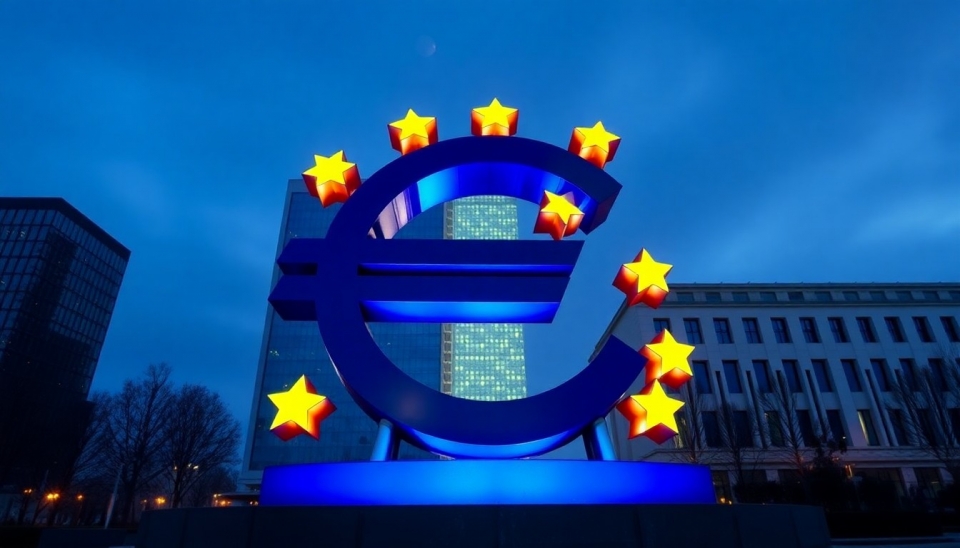
In a significant statement reflecting the evolving landscape of digital finance, European Central Bank (ECB) Chief Economist Philip Lane voiced strong support for the adoption of a digital euro. Speaking at a recent conference, Lane emphasized that creating a European digital currency is essential to mitigate the growing risks posed by stablecoins, particularly as their popularity and usage increase rapidly.
Lane articulated that the need for a digital euro is more pressing than ever, especially in light of various discussions currently surrounding regulation and monetary policies related to cryptocurrencies. He noted the necessity for the ECB to forge a path that not only ensures the stability of the eurozone's currency system but also protects consumers against the instability and unregulated nature of stablecoins.
The ECB has long been deliberating on the potential implementation of a digital euro, an endeavor that Lane believes could ultimately help secure the Eurozone's monetary sovereignty. He pointed out that an official digital currency would provide European consumers with a safer and more reliable option compared to private stablecoins, which often lack transparent backing and can be vulnerable to significant market fluctuations.
As the world sees an accelerated shift towards digital transactions and decentralized finance, the relevant authorities are grappling with how to respond aptly. Lane's remarks underscore the necessity for proactive measures to ensure that the digital euro can serve as a buffer against the possible repercussions of an unregulated influx of private currencies undermining public trust in the banking system.
While discussions surrounding the digital euro continue, Lane's comments signal that the ECB is keenly aware of the challenges posed by stablecoins and is looking towards innovative solutions. The digital euro could not only enhance the efficiency of payments within the eurozone but also ensure that the European financial ecosystem remains robust in the face of emerging financial technologies.
As the ECB works toward this goal, the debate surrounding the regulation of stablecoins will likely intensify, with the ECB taking a proactive stance to prevent potential risks associated with digital currencies outside of centralized control.
Lane's optimistic view of the digital euro contrasts with rising concerns over the implications of stablecoins for monetary policy and financial stability. Critics often argue that growing reliance on stablecoins might dilute the effectiveness of traditional monetary tools and disrupt the financial system if left unchecked.
In summary, Philip Lane’s strong advocacy for a digital euro marks a pivotal moment for the ECB as it navigates the complex intersection between innovation in finance and maintaining the stability and integrity of the eurozone’s monetary framework. With the future direction of digital currencies still unfolding, the ECB appears committed to safeguarding public trust and economic stability amid this digital transformation.
#DigitalEuro #EBC #Stablecoins #Cryptocurrency #MonetaryPolicy #Finance #EconomicStability
Author: Michael Turner
